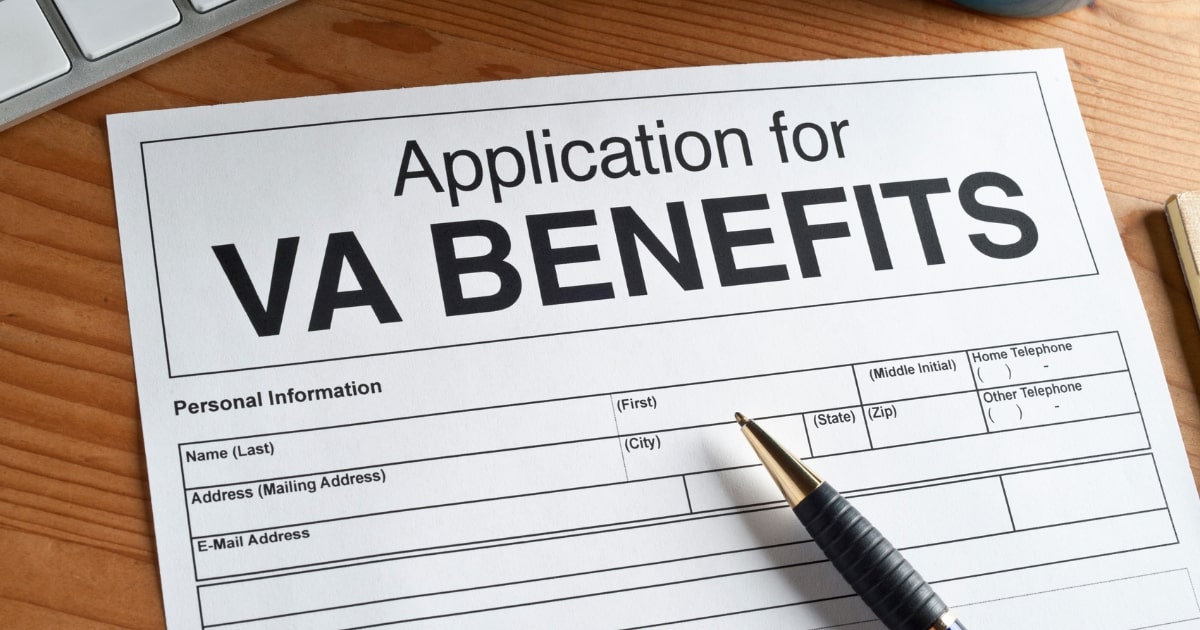Here’s something a lot of Veterans in Snohomish & King County don’t know:
You might be able to buy a home with no down payment through a VA loan.
According to a national survey highlighted by Veterans United, only 3 in 10 Veterans are even aware that this is an option. That’s a staggering statistic, which means 7 out of 10 could be missing out on a life-changing opportunity to establish roots and build wealth.
So let’s break down the 3 biggest perks of VA loans, and why every eligible Veteran should understand this incredible benefit:
1. $0 Down Payment
You read that right—zero. This is the hallmark advantage of a VA loan, a benefit that has been a part of the program since its inception as part of the GI Bill of Rights in 1944.
Keep Thousands in Your Pocket: Unlike conventional loans that typically require a minimum of 3-5% down, or FHA loans at 3.5%, a VA loan allows qualified Veterans to finance up to 100% of the home’s purchase price. This means you could keep thousands of dollars in your savings and still get the keys to your home, making homeownership accessible without years of saving for a large down payment.
Full Entitlement Advantage: For Veterans with full entitlement, there are no VA loan limits, meaning you can purchase a home for as much as a lender is willing to lend you without a down payment. (Source: Veterans United Home Loans, Veterans Affairs)
2. No Private Mortgage Insurance (PMI)
Significant Monthly Savings: Most buyers who put less than 20% down on a conventional loan are required to pay Private Mortgage Insurance (PMI), which can add hundreds of dollars to their monthly mortgage payment. Not you. VA loans skip that requirement entirely, regardless of your down payment amount, saving you substantial money every single month.
FHA vs. VA: Even FHA loans come with a form of mortgage insurance premium (MIP) that typically lasts for the life of the loan. VA loans avoid this, offering a distinct financial edge. (Source: Veterans United Home Loans)
3. Lower Closing Costs and Rates
The benefits continue when it comes to the overall cost of borrowing and the interest rate you’ll secure.
Limited Closing Costs: VA loans have specific limits on what you can be charged at closing. The VA restricts certain fees, and sellers are even permitted to pay all of a buyer’s VA loan closing costs and up to 4% of the loan amount in concessions. This can significantly reduce your out-of-pocket expenses at closing. (Source: Veterans United Home Loans)
Competitive Interest Rates: Due to the government guarantee that backs VA loans, lenders are able to offer more competitive average interest rates compared to conventional and even FHA loans. This translates to lower monthly mortgage payments and greater savings over the life of the loan. (Source: Veterans United Home Loans)

VA Loan Eligibility: Do You Qualify?
To unlock these incredible benefits, you’ll need to meet specific eligibility criteria set by the Department of Veterans Affairs (VA) and the individual lender. The first step is typically obtaining a Certificate of Eligibility (COE) from the VA.
General Eligibility Requirements:
- Service History (one of the following generally applies):
- Wartime Service: 90 total days of active duty service during wartime.
- Peacetime Service: 181 continuous days of active duty service during peacetime.
- Post-9/11 Service: Generally 90 continuous days of active duty, or the full period (at least 90 days) if called or ordered to active duty (for service after August 2, 1990).
- National Guard or Reserves: Six creditable years of service in the Selected Reserve or National Guard. Alternatively, 90 continuous days of active duty for training, or at least 90 days of active service including at least 30 consecutive days under Title 32 orders (Sections 316, 502, 503, 504, or 505).
- Active Duty: At least 90 continuous days of active duty service.
- Discharge: An honorable discharge is generally required. Certain other discharge types (e.g., hardship, reduction in force, medical condition, service-connected disability) may also qualify. (Source: Veterans Affairs)
- Spousal Eligibility: Certain eligible surviving spouses of Veterans who died in the line of duty or from a service-connected disability (and who have not remarried, or remarried after age 57 or December 16, 2003) may also qualify. (Source: Veteran Affairs, Law for Veterans)
- Occupancy: The home you purchase with a VA loan must be your primary residence. VA loans cannot be used for investment properties or vacation homes. (Source: Experian)
Lender-Specific Requirements (Beyond VA Eligibility):
While the VA guarantees a portion of the loan, individual lenders also have their own underwriting criteria, which typically include:
- Credit Score: The VA does not set a minimum credit score, but most lenders typically require a minimum FICO score of 620 to qualify for a VA loan. A higher score often secures better interest rates. (Source: Veterans United Home Loans)
- Income & Employment: You’ll need to demonstrate stable and sufficient income to repay the loan. Lenders will review your employment history and income documentation (pay stubs, tax returns).
- Debt-to-Income (DTI) Ratio: While the VA is flexible, lenders generally prefer a DTI ratio of 41% or less. This ratio compares your total monthly debt payments to your gross monthly income. (Source: Veteran Affairs News)
- Residual Income: The VA also uses a “residual income” guideline, which is the amount of discretionary income you have left after paying major expenses. This ensures you have enough for typical family needs. (Source: Veterans United Home Loans)
- Property Requirements: The home must meet the VA’s Minimum Property Requirements (MPRs) to ensure it is safe, sanitary, and structurally sound. A VA appraisal will be conducted.
Bottom line? If you’re a Veteran—or know someone who is—this loan could truly change your life. It helps families plant roots, build wealth through home equity, and finally call a place home, right here in the communities across Snohomish & King County. Don’t assume you don’t qualify – it’s always worth checking!


